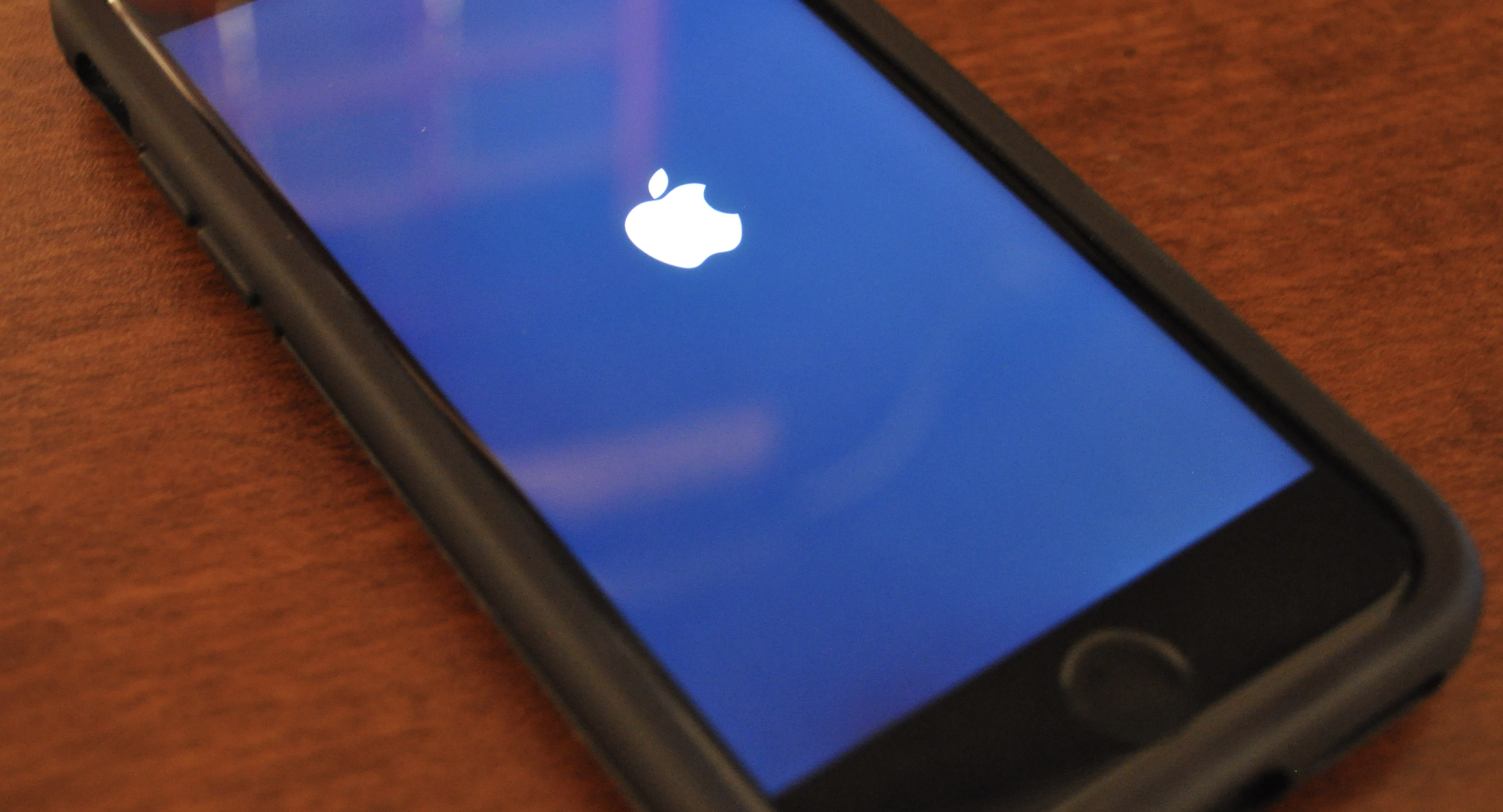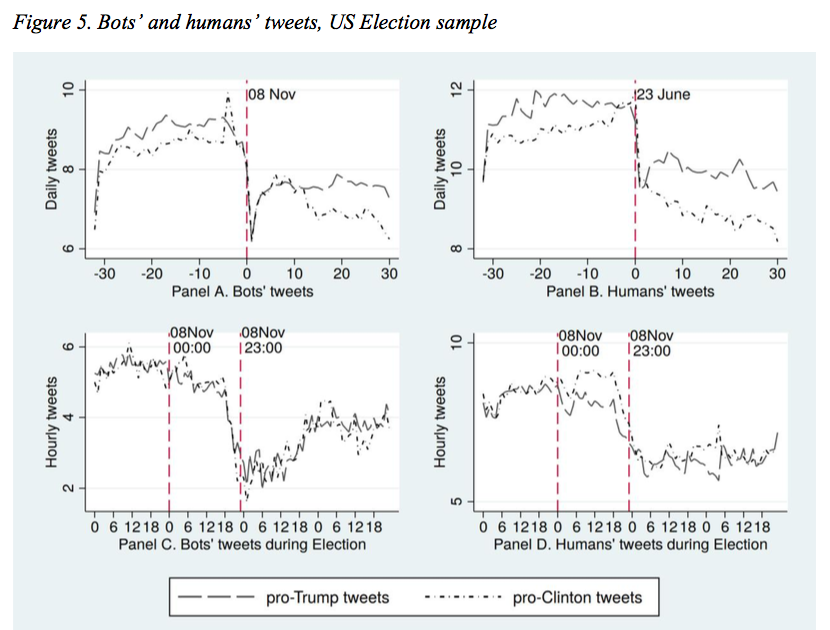Mike Moritz and the declining America worker

Storied Sequoia investor Mike Moritz threw fire into the tech Twitter gumbo with his observations of hard-working Chinese workers and slothful Silicon Valley engineers. Moritz, a billionaire, clearly needs page views to fund his retirement.
The major money quote about Silicon Valley is this: “In recent months, there have been complaints about the political sensibilities of speakers invited to address a corporate audience; debates over the appropriate length of paternity leave or work-life balances; and grumbling about the need for a space for musical jam sessions. These seem like the concerns of a society that is becoming unhinged.”
He compares those petit concerns with the work ethic of Chinese workers who “appear about 10am and leave at midnight.” He focuses in on women, “Many of these high-flyers only see their children — who are often raised by a grandmother or nanny — for a few minutes a day.” And he emphasizes the Chinese and their spendthrift ways: “It is also striking to the western eye how frequently a tea bag is reused.”
Reaction to the piece was strong, as one can imagine. TechCrunch’s Connie Loizos posted her rebuttal yesterday, saying “Moritz has hit a few balls out of the park, yes. But that doesn’t mean we should take his opinion as gospel. In fact, I would argue that mega-billionaires like Moritz have absolutely no place telling anyone how hard they should be working, in the U.S. or anywhere else.”
David Heinemeier Hansson, a partner at Basecamp and inventor of the Ruby on Rails programming framework, put it even more bluntly in a tweet:
That seems par for the course among hundreds of other commenters online and across Twitter.
To me though, Moritz’ comments are reasonably accurate, at least as far as stereotyping a country of 1.38 billion people and a region of a million or more goes. It’s clear that the Chinese work harder in tech on average, and that Chinese workplaces have many less frills than Silicon Valley workplaces. This has been known for years, and is not news.
The far more interesting thread in this story is why it was so inflammatory in the first place. Sure, he conflated paternity leave and asking for a musical rehearsal room, and made it seem as if parents shouldn’t see their kids. And he’s a billionaire. I get the hashtag class warfare angle here.
However, the post was inflammatory precisely because we are starting to feel the pain of competition again in the American economy. For the first time, white collar workers in the United States are facing what our blue collar brethren have experienced the past three decades: sliding salaries and benefits as their jobs were outsourced, the downsizing of the American dream.
America liked the arrangement where clean, high-value design and services stayed in the United States and hard, dirty jobs like manufacturing, heavy industry, and rare earth mining were outsourced to China. Americans did the productive work, the Chinese did the hard work. Americans made the money, the Chinese got paid a couple of yuan.
Capitalism was “introduced” in China in 1980 with the opening of the Shenzhen Special Economic Zone. 37 years later, and the country’s GDP is nearly the same size as the United States. China as a whole has worked extraordinarily hard to get to where it is today. Are we really surprised then that those same industrious Chinese workers suddenly continue working hard in the high-tech industry and start to compete toe-to-toe with American tech giants?
In the startup circles in the Valley and New York City that I hang out in, paternity leave has come up on numerous occasions. There are multiple founders in my network that offer unlimited vacation for their startups, and offer free lunches, massages, and other accoutrements on top of dizzying salaries. All at startups. In some cases even before the series A but almost always afterwards.
All of those benefits make sense at some level — talent is scarce, and after several decades of research, companies found out that treating humans well is ultimately a win-win for everyone.
So why are we worried about China? If our workplace policies are really creating ideal conditions for productivity, aren’t we the ones who are benefitting? The Chinese will work themselves to death, and Americans who are working smarter will reap the rewards.
The challenge of course is that it’s just not true. Startups are really, really hard to build. In the early years, they take hundreds of hours a week, and there are only a handful of employees to do those hours. A startup with a 35 hour workweek and unlimited vacation is almost certainly going to lose to a startup working 100 hours a week, even if the former’s workers are better rested and more productive.
That’s why Moritz was so inflammatory. He’s clearly wrong on a moral and human level, but, he’s clearly right in a realpolitik way. The anger we feel is both that we have a billionaire lecturing us about work, and that we also know deep down that he may well be right. If we want to protect the work environment that many have fought hard to create, then it’s time to get back to work.
Featured Image: Vince Talotta/Toronto Star/Getty Images
Published at Sat, 20 Jan 2018 20:17:28 +0000





